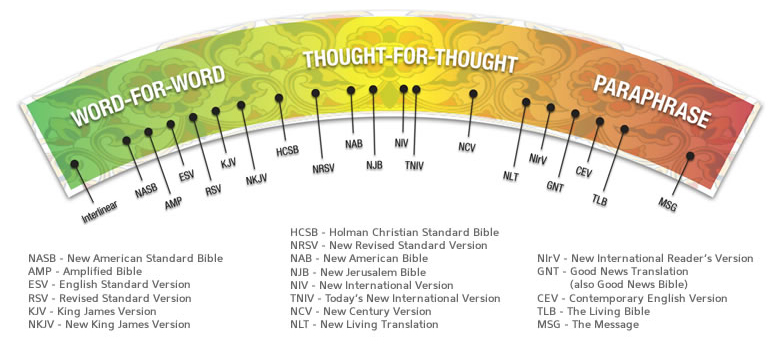- Nov 23, 2021
- 2,000
- 660
Bible Translations | Gorman Baptist Church

—————
A lot of info!
[ probably too much ]
Look, even as a non-believer, I have my Christian background. Plus, as a nerd, it appeals to me much the same way as understanding the transition from "Middle English" to "Early Modern" to "Modern English." And somewhere in there is the "Great Vowel Shift" which took about 200 years.



